In the fall of 2018 I had a conversation with a mom at Preseason Nationals in Iowa. I was there with my college wrestlers working the tables, and this woman had asked me about state sanctioning.
I didn’t know it until I was on my first all-women’s wrestling team in college, but it was really important for women to compete against women. No brainer. Then, as a college women’s coach, I could just see that importance from a totally new perspective. I was confident in the need for all-girls teams in high school, but I had reservations about sanctioning the sport in the midwest with the lack of numbers.
My concern when someone approached me and said girls shouldn’t compete against boys hit way too close to home. I agreed, but what about where there wasn’t another option? I would have been in that category in high school, and you would have been taking away my competitive opportunities. Would sanctioning have halted my ability to compete in the sport I love? Structurally I believed that we should be focused on growing the numbers first to protect the girls like me who felt competitive—never mind the emotional and physical differences.
I had landed back in Iowa after working in California for several years out of college. So it made sense to me that girls wrestling would be sanctioned in West Coast states like California, Washington, Oregon—they had the numbers.
But I had no idea how those numbers got there (they created girls-only opps), and I had no idea what it was like to coach high school girls wrestling. This is 2018—the only life experience I had in wrestling was my own career and a year as a GA. My entire idea rested on my experience and my emotional attachment to it. I was thinking really small and I wasn’t really in the movers and shakers space around high school wrestling. My focus in coaching and in media was on college where women do compete against women.
I’ve drastically changed my mind.
Part of it came in February 2019 when I went back to California, this time to recruit at the CIF state championships. It was the first time I’d been to a girls state tournament. I didn’t know what I thought it would be like, but it was nothing I could have imagined. It was the largest high school girls event I’d been to as a coach. It was shocking: I knew what the numbers were, I’d looked at the brackets, but to see it? Totally different. The girls were wrestling alongside the boys. They were just as competitive and the arena was overflowing with commonplace competitivenss in wrestling. Girls vs boys wasn’t even a question.
I had to take it in. I sat quietly and some tears rolled down my cheeks for the little girl in me that didn’t realize how much my biology betrayed me. When I was their age I was fighting an inability to comprehend how I could work so hard and still not stack up. This equality in pursuing a state title for my high school wasn’t even an option for me. I felt so much compassion for my younger self then, and frustration with the lack of progress in Wisconsin a decade later. It was only after that trip that I began to unpack the emotional toll that environment took on me as a young girl who simply didn’t allow for consideration of the fact that my competition was 125-pound men. I didn’t realize the cycle it had rooted in me of looping back to hard work that didn’t breed outcome based success and that I couldn’t ever do enough. That loop, the language of it, and what I accepted, showed up in my relationships and work life.
I got stuck in Des Moines on my way back on that trip and decided to publish my first article for Transition Wrestling. From the onset I felt like I was yelling on repeat about how media coverage would change the game. What if all the one-off girls across the country could see what I just saw? What if they could see the level of opportunities out in the world for them. My mission—to strengthen the global position of women through stories of effort, excellence and overcoming adversity—just tumbled out as I got boots on the ground and connected college to high school and youth opportunities.
Settling into this change of mind came naturally as I moved to River Falls, Wis. several months later.
Girls should only compete against girls. Creating all-girls opportunities is proven to generate the growth people are looking for.
A mentor and friend of mine reassures me from time to time that it’s okay to put a stake in the ground and then pick it up. I hope I always keep that front and center so that in my work and in my relationships I can approach challenges and big thoughts with an open mind, an open heart and willingness to change for what’s right.
It’s the day before the first-ever WIAA girls state tournament for wrestling. I wrote a history piece on the state, here. I’ll be on the floor for media with the Wisconsin Wrestling Federation and soaking it all in.
Forward.
GLK
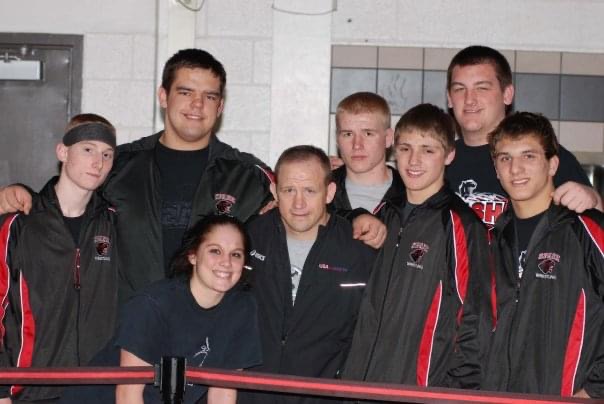
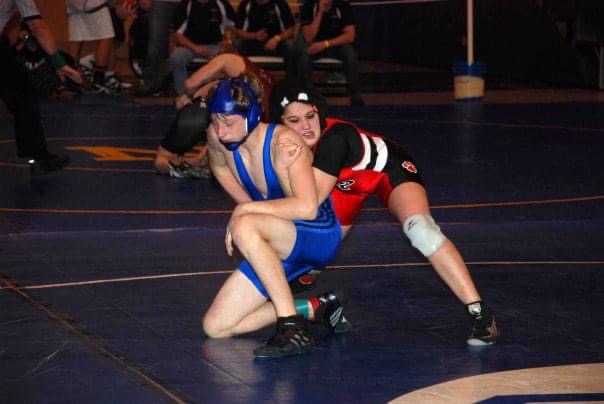
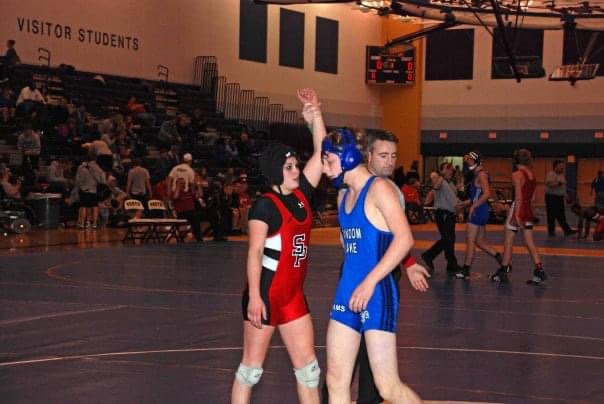
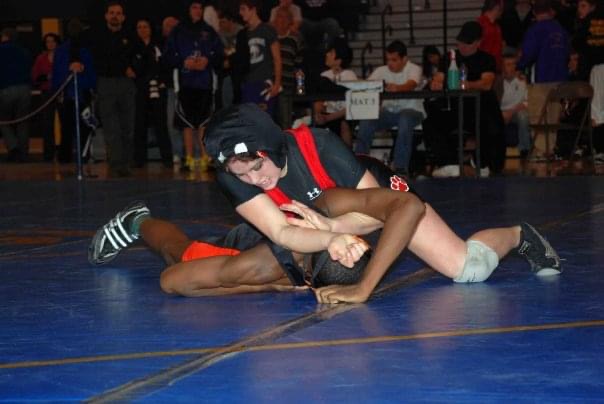
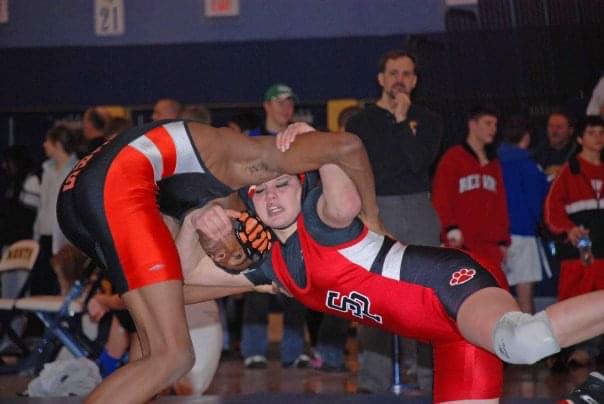
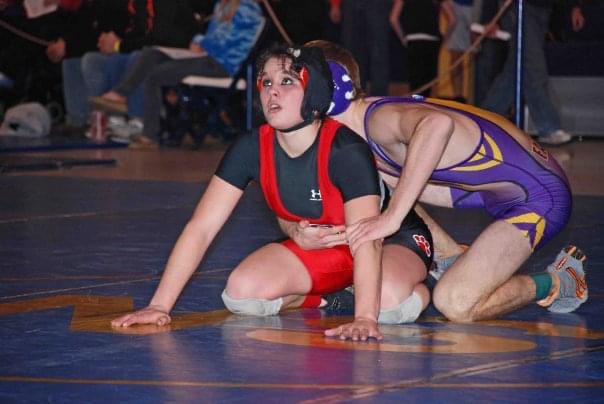

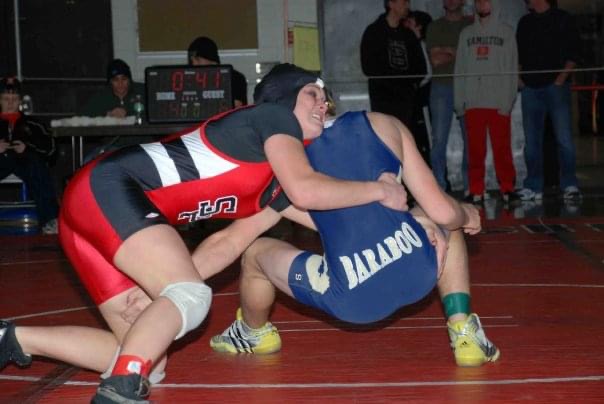
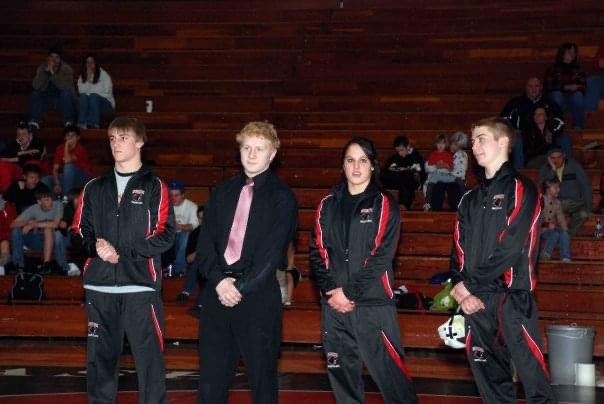
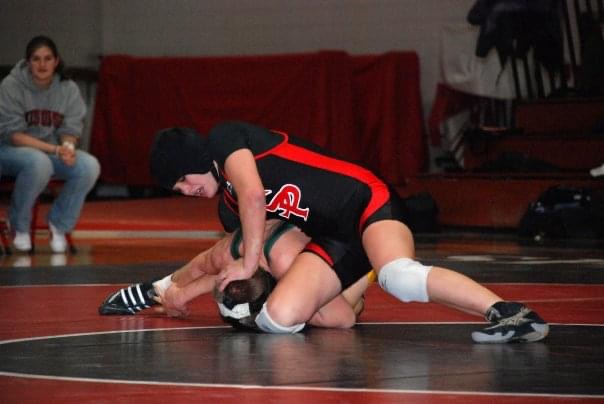
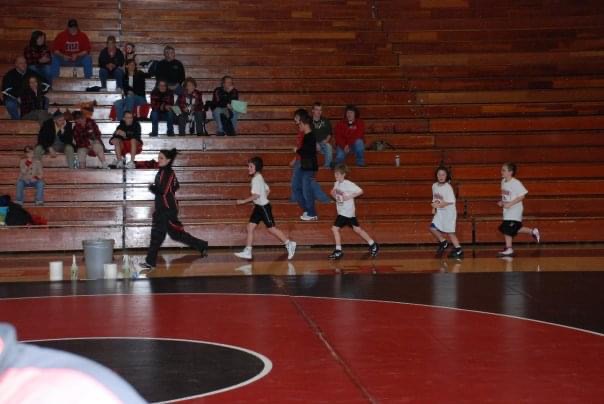
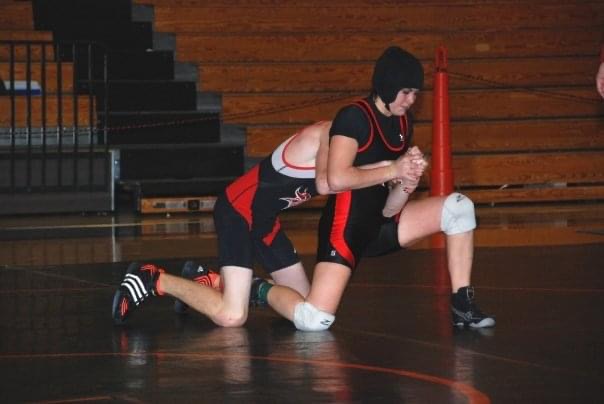
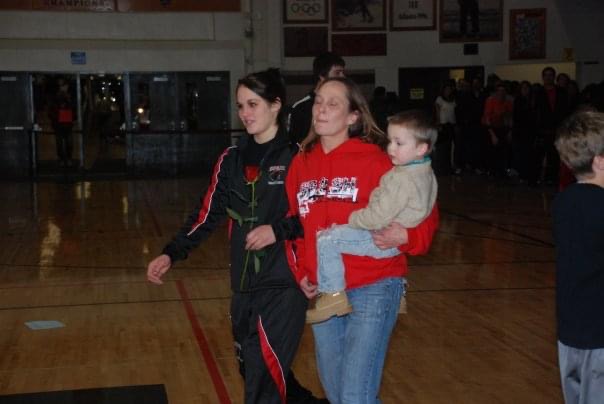
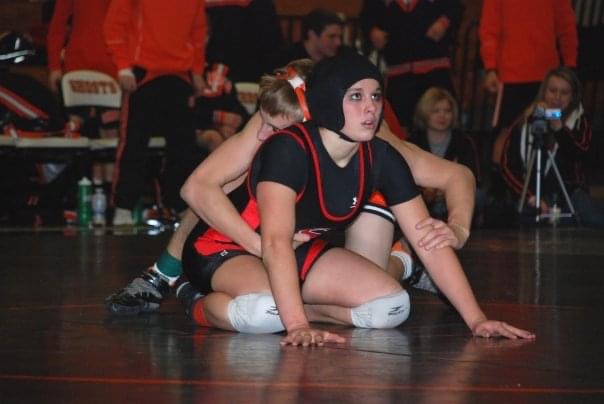
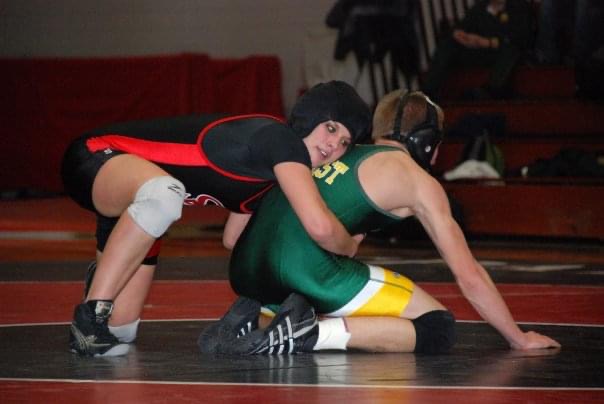
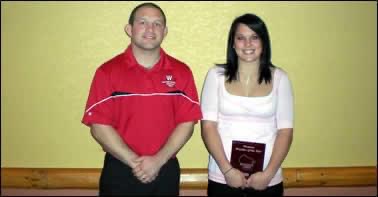
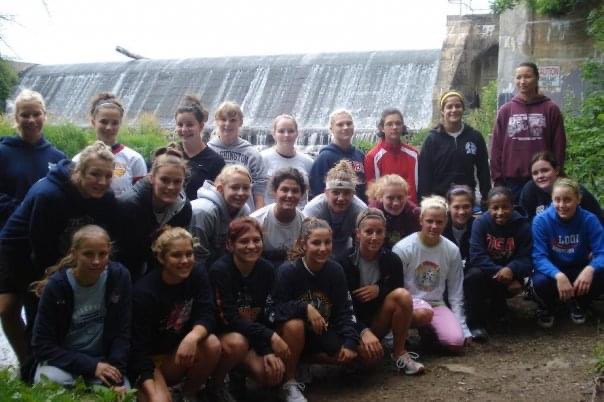
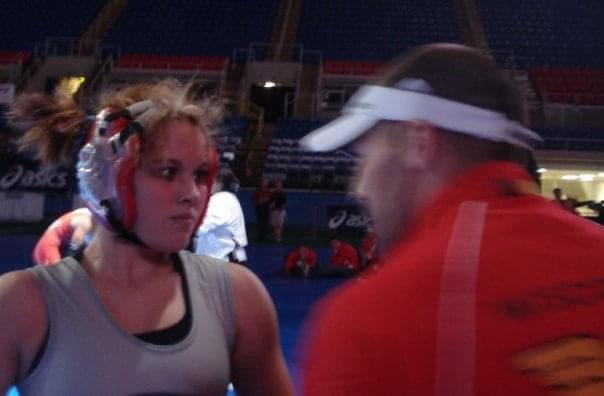
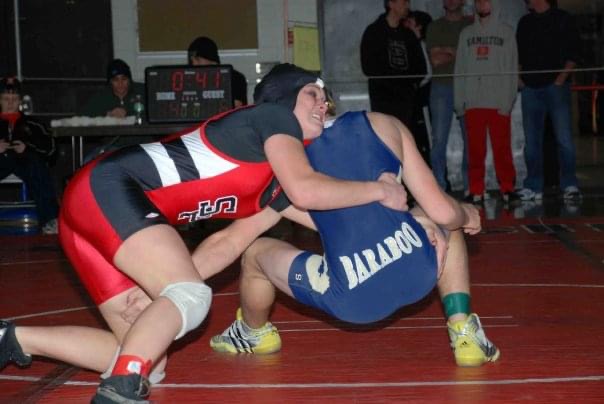
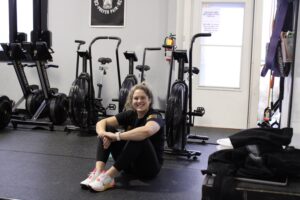
A wonderful article! Our granddaughter is a wrestler. Macey is now in Russia competing in a tournament, she was injured last April. This is her first time out since the injury, We’re routing for her from home, her passion in this sport is her lifetime goal. We will always back her wishes. Working hard to wrestle is in her blood. Best of luck to all girl wrestlers!